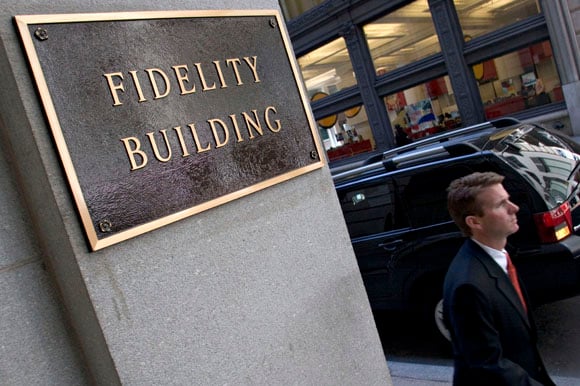O'Hanley says expense will 'pop up' somewhere else; whack-a-mole for the SEC?
The Securities and Exchange Commission should address the fiduciary standard before attempting to reform12b-1 rules, fund executives said today at the Investment Company Institute's annual membership meeting.
Last July, the commission said it was considering capping 12(b)-1 fees, and received over 2,000 comment letters, most of which opposed the proposal. With so much opposition and the commission's facing a huge workload resulting from Dodd-Frank, many industry officials assumed the proposal was dead for now.
Last week, however, SEC Commissioner Elisse Walters said the commission plans to return to the proposal with full force after it gets past the July 21 deadline for implementing many of the Dodd-Frank rules.
Just doing away with 12(b)-1 fees isn't likely to solve the problem, Ronald P. O'Hanley, president of asset management and corporate services at Fidelity Investments said during a panel discussion at the meeting.
“Advisers are still going to get paid, but the question is where will [the expense] pop up,” he said, adding that as it is, the proposal could result in higher pricing, revenue sharing and wrap fee costs.
“We should all be clear about what problem we are trying to solve,” Mr. O'Hanley said. “And we need to be mindful of the cost of implementing [the proposal].”
William F. Glavin, chairman, president and chief executive of OppenheimerFunds Inc., said it doesn't make sense for the SEC to reform 12(b)-1 fees until it decides on whether to impose a fiduciary standard on brokers.
“Let's not go through a multibillion-dollar industrywide effort to reform 12(b)-1,” if the fiduciary standard ruling results in fewer share classes, Mr. Glavin said during the discussion. “Let's make sure we sequence this the right way,” he said.
In fact, not everyone at the conference is worried that 12(b)-1 reform is going to happen anytime soon. Between the SEC's workload, and the beginning of the 2012 presidential campaign, it's likely the proposed change will get put off again, said W. MacCarter Sims, head of intermediary distribution for Schroder Investment Management North America Inc.
“No one is going to want to touch this, once we get into election mode,” he said.







